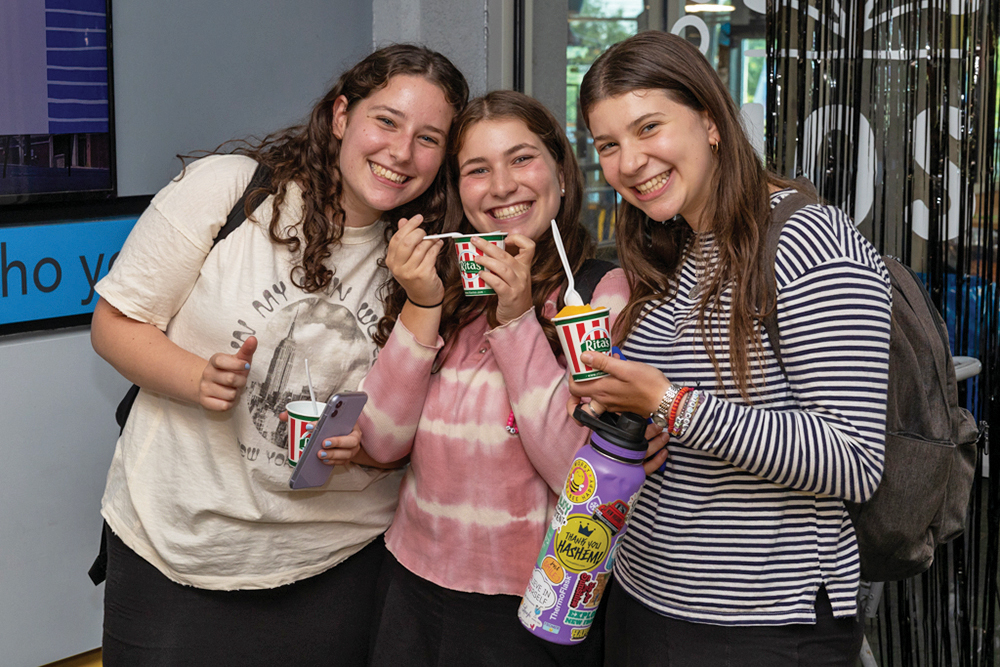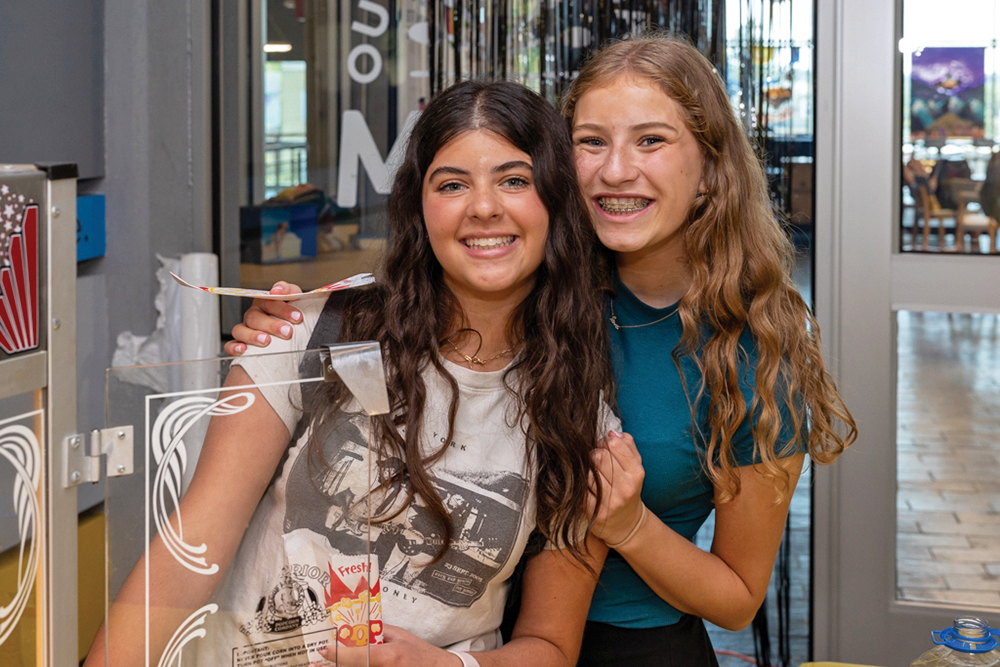
SAR High School is a mission driven school: a Modern Orthodox coeducational community of learners whose mission statement is dedicated to a number of ideals which set the foundation for the school. SAR’s mission statement plays an important role in guiding policy decisions and a process of introspection. One element of the mission statement is receiving renewed focus this year. Students hope to engage the world “with humility and openness to God’s creations.” Humility is a character trait that is foundational to learning and treating others with respect. It’s also a character trait that is sometimes overlooked in the commitment to develop confident students with a healthy sense of self esteem. This year, SAR is renewing its focus on humility as a crucial aspect of one’s character. After all, you can’t spell mussar without S-A-R.
“I want to create an environment where every single student in this school, and every person we interact with in this building, and every single person we interact with outside of the building looks at us and says, ‘Wow! SAR has the nicest kids!’” explained Rabbi Jonathan Kroll, principal,
In an effort to raise the profile of mitzvot ben adam l’chavero—in a school where S stands for Salanter, coming from the foundation of mussar—the school is launching a campaign, introducing the concept of “The Nicest Kids.”

“We’re not taking for granted that it’s obvious what it means to be nice,” Rabbi Kroll continued. “We’re using our advisory slots and other initiatives around school to really focus on how kids are treating each other with kindness. Being the nicest kids can’t just be a slogan, we need to take action, and do things that will shape our identity.”
In advisory sessions, lessons will revolve around looking directly at people who are speaking, saying thank you to teachers, greeting the maintenance staff, cheering positively and respectfully at sports games and more.
“The nicest kids initiative is our way to further impress upon our students the value of character development and interpersonal interactions” said Yoni Mandelbaum, Health and Wellness coordinator, who oversees the advisory program.
Rabbi Kroll highlighted ways to bring the initiative to life outside of advisory as well, including paying special attention to walking in the hallways and on the grade floors without looking at phones. He expressed that when walking throughout the building, it’s also important to recognize people by name. “It makes people feel great when you recognize them as individuals,” he says.

As an added incentive, the school is holding a contest in which students who learn the names of every student and faculty member in the school win prizes, including free lunch, SAR swag and more. What better way to get to know your teachers, classmates and friends, while creating a “nice” environment.







